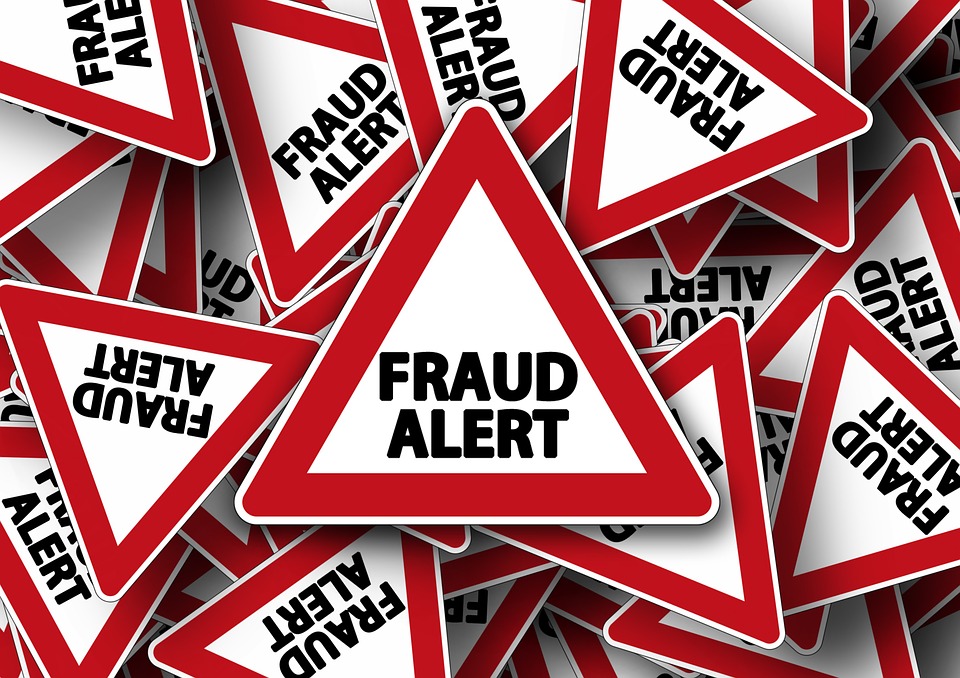The Importance of Making Your Business Fraud-Proof in 2017
Those who want people to trust them with their money need to provide a safe environment for any kind of transaction that is about to follow. Sure, you may brag with one of the lowest fraud rates online but just the idea that such a thing could actually happen is bound to discourage a lot of people from ever doing business with you. In other words, you need to start building their trust in your brand and the best way to do so is to make your business completely fraud proof. With this in mind, here are several related issues you need to consider. 
Credit card fraud statistics are alarming
Before we even start discussing the importance of making your business fraud-proof, we need to take a look into some of the most alarming credit card fraud statistics out there. For instance, did you know that at least 46 percent of Americans have experienced a credit card fraud in the past 5 years? Incredible as this may seem, this is but a tip of the iceberg.
The average individual loss here goes at about $1,343, while the median goes at about $300. Keep in mind that a person that loses $300 on your e-store or in your business, isn’t likely to return anytime soon. The last, but in no way least serious problem here is the fact that there is more than just one’s financial well-being at stake. Such a fraud often results in one’s identity being compromised as well. This is why you need to try and inform your clients just how important it is that they protect any sensitive transaction information on their end.
No such thing as acceptable fraud level
Even though a lot of businesses talk about things like acceptable fraud levels, this is never a good practice. You see, when it comes to the credit card fraud in recent years, you need to keep in mind that the number goes at about 50 cents per every $1,000 spent.
While this doesn’t seem that much, keep in mind that these are huge volumes of money we are talking about and that this theft doesn’t get distributed equally. It is not like a person committing a fraud has a way of stealing a cent from every single one of your customers. In fact, they are much more likely to find a single target and rob them of all they have on that single account or credit card.
Once the word of this comes through, there will be no way of protecting your reputation as a safe-transfer platform. Still, some businesses have trouble establishing this, to begin with. The easiest way to do so is to inquire a bit about PCI and DSS compliance and work your way towards achieving one. After you get this done, maintaining it will be your next goal. This, however, is a never-ending process.

Policies, procedures and behavior
Finally, you need to keep in mind that no matter how ironclad your safety procedures are from the outside, they won’t protect you from an in-house theft. In order to prevent this, you need to institute some strict policies, adhere to safety procedures as much as you can and, of course, keep an eye out for any kind of fraudulent behavior by the members of your team. As simple as such a course of action may sound, it requires a lot of hard work and dedication.
Conclusion
The last thing you need to keep in mind is the fact that there is no method that can protect your business from fraud with 100% efficiency. The reason behind this is a simple one – even if you do everything right on your end, there is always a chance that a customer, an employee or even a member of your company’s management might make a mistake. Unfortunately, this doesn’t mean you won’t get all the blame. This being said, you need to make it your priority to protect your business at all ends as much as you can. While it is a lot of work, it is a work that needs to be done, not to mention the one that gives you an incredible ROI.
Dan Radak is a marketing professional with eleven years of experience. He is a coauthor on several websites and regular contributor to BizzMark Blog. Currently, he is working with a number of companies in the field of digital marketing, closely collaborating with a couple of e-commerce companies.

